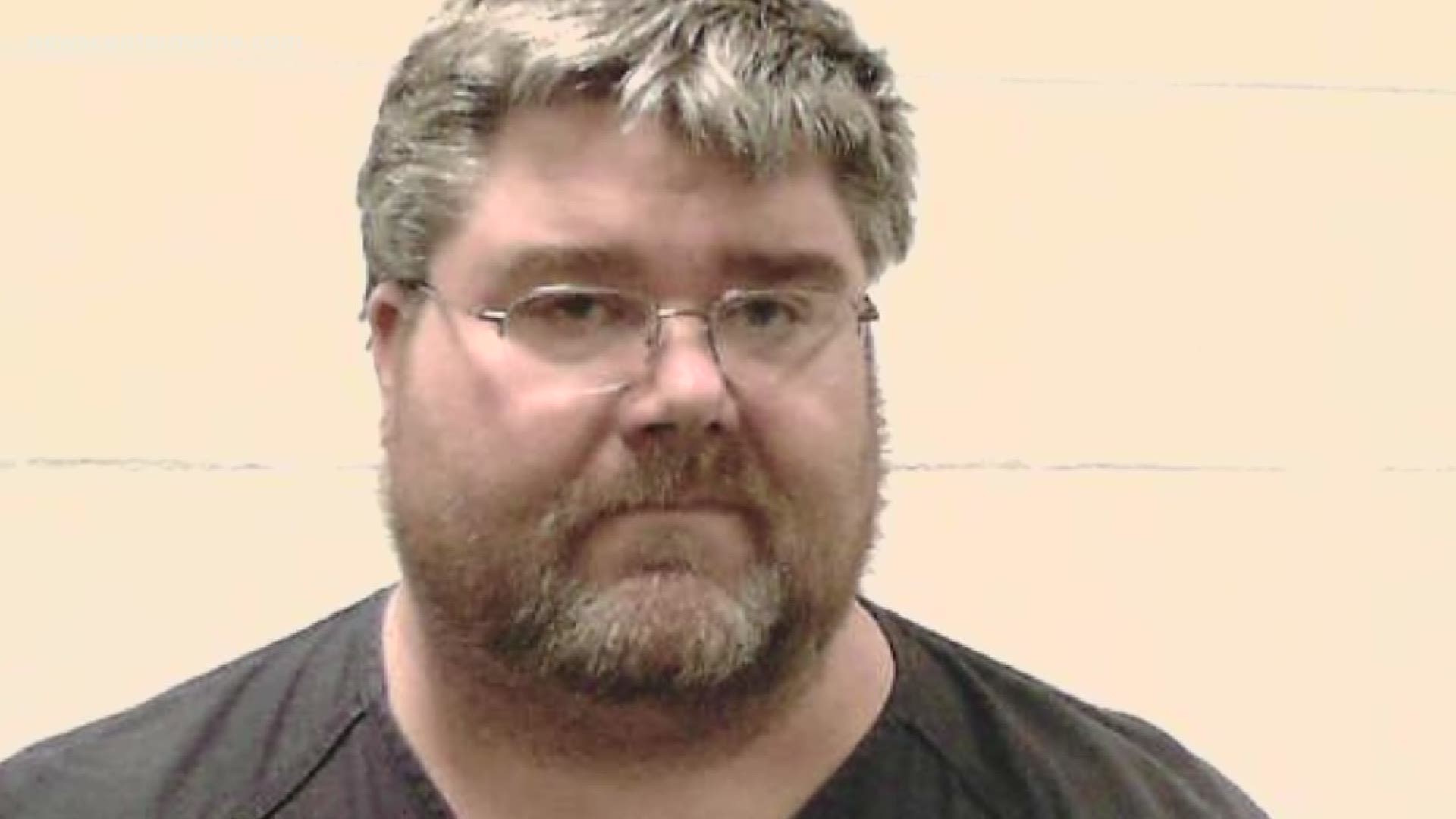AUBURN, Maine — Police arrested a man living in Auburn in connection to a 26-year-old cold case: a sexual assault and murder, that happened on the opposite side of the country.
44-year-old-Steven Downs was arrested after a multi-agency investigation involving police in Maine and Alaska.
The body of 20 year-old Sophie Sergie was found in a dorm bathroom on the campus of University of Alaska Fairbanks in April of 1993. Suspect DNA was taken from the scene and uploaded into the FBI's Combined DNA Index System, but there was no known match for the DNA profile, until now.
That DNA testing, at the center of this case, is the same technology that was used to arrest the "Golden State Killer."
As home DNA test kits become more and more popular, major discoveries are unfolding. But some ask, "at what cost?"
"You find a good match, you may be able to solve this case," said Dr. Ellen Greytak, one of Parabon's lead geneticists.
Parabon NanoLabs out of Virginia has pioneered what's called "snapshot genetic genealogy."
"All of this has really come together into a perfect storm that has made this technology now possible," said Greytak.
Before, DNA testing only matched close relatives. Parabon uploads DNA to a public database to find relatives as distant as third cousins. The company's genealogist then rebuilds a family tree using public data, generating new leads for police.
It's the same lab authorities in Alaska contacted for help about the unsolved sexual assault and murder of Sophie Sergie.
Using suspect DNA taken from the scene, the lab identified an aunt of the suspect and she only had one possible second-degree relationship with a male relative: her nephew, Steven Downs.
Police had to close the loop by getting a DNA swab from Downs.
This combination of DNA testing and genealogy has helped police find suspects in dozens of decades-old cold cases including the Golden State killer.
One month after the arrest in that case, a blog post from the ACLU questioned whether the new technology jeopardizes human rights.
"Blockbuster investigations, as gratifying as they are, shouldn't obscure the very real dangers of government access to sensitive information," wrote Vera Eidelman an ACLU staff attorney.

